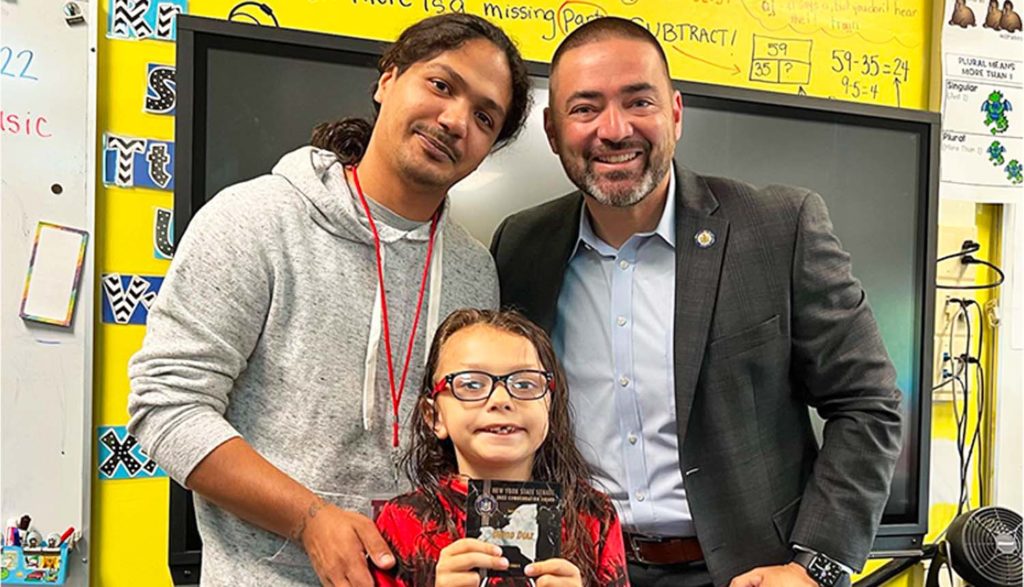When many children are young, their parents will tell them a rendition of “TV is a waste of time and will rot your brain.” While the validity of that claim is yet to be tested, second-grade student David Diaz Jr. will always have a response to it: watching TV helped him save a classmate’s life.
According to Fox News, when David saw another student choking during lunch, he quickly initiated the Heimlich maneuver, saving his classmate’s life. Where did the 7-year-old learn the Heimlich? From watching ABC’s The Good Doctor, a show following Shaun, an adept surgeon on the autism spectrum. According to David’s father, he wasn’t even aware David knew how to do the Heimlich.
We’re well aware that Plugged In has a rap of being that website that prevented thousands of kids from getting to see the movies and TV shows they’ve been dying to see. We list the positives and negatives we find in entertainment—movies, TV, you name it—so that parents can make an informed decision about whether the content is right for their family. But while Plugged In helps inform readers what is in their potential entertainment choices, it’s why Plugged In does it that really matters.
As David displays, entertainment has a lasting impression on us—both the positive sides of it and the negative sides. Our own Paul Asay recently wrote on the influence that past movies have had on our society. And for developing children who aren’t as able to discern the good from the bad, these influences are especially impactful.
It’s apparent that the messages, themes and role models in entertainment media can sway us—and it’s Plugged In’s goal to make sure no parent is caught off guard to the messages that are—intentionally or not—being pushed by a film’s content.
In David’s case, he learned a great skill that he was able to use to be a hero to his classmate. It was a positive piece of content that he latched onto and got to apply—one of many that media can provide.
But just as David learned a helpful and valuable skill from media with his family unaware, so too can he just as easily learn from inappropriate or morally wrong messages that shows and movies may put out. That’s why it’s vitally important for parents to be aware of what their children are consuming. Because even if we do not teach our children right from wrong, our television sets will.







Recent Comments